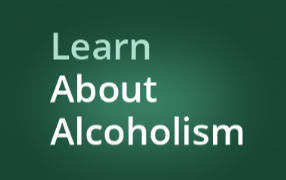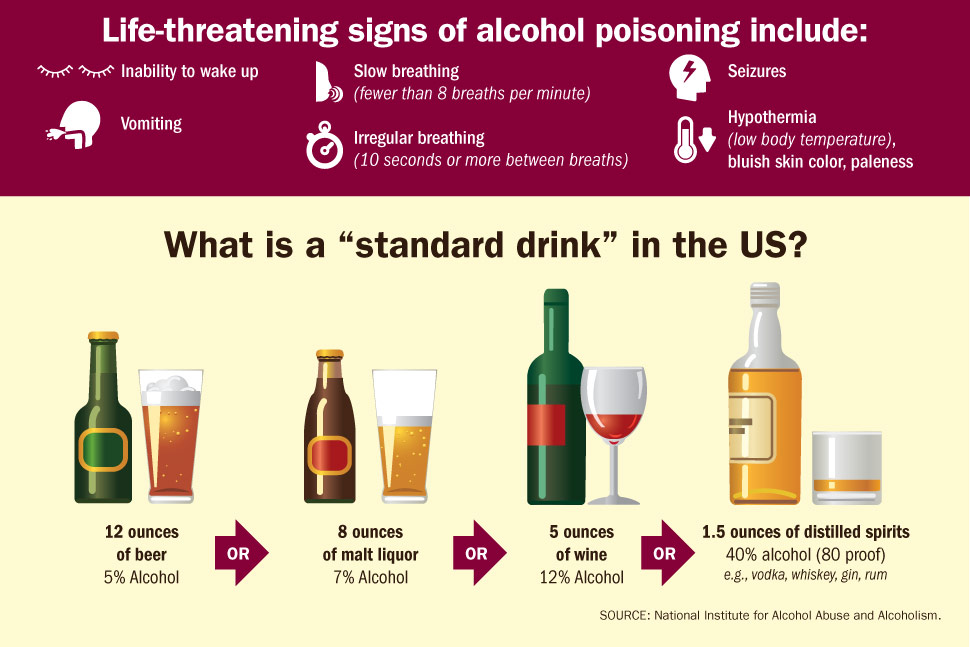 Learn-About-Alcoholism.com is an online alcoholism information resource designed to help individuals who suffer from abuse or dependence, and the people whose lives they impact.
Learn-About-Alcoholism.com is an online alcoholism information resource designed to help individuals who suffer from abuse or dependence, and the people whose lives they impact.
The hope is that you can gain a better understanding of the disease of addiction and begin the journey to better health and emotional wellness.
Addictive, problem drinking is not a character flaw or life choice. It is a debilitating disease that affects millions of people around the world – men, women and children.
Addiction can be found in different countries, religions, ethnicity, education levels and socioeconomic status. Addiction is commonly viewed as a brain disease because of the way that it impacts the regular functioning of your brain. These changes contribute to the challenges often experienced during a person’s recovery. As the disease advances, it takes over the body and destroys the physical and mental health of the drinker, and may lead to premature death.


 The
The